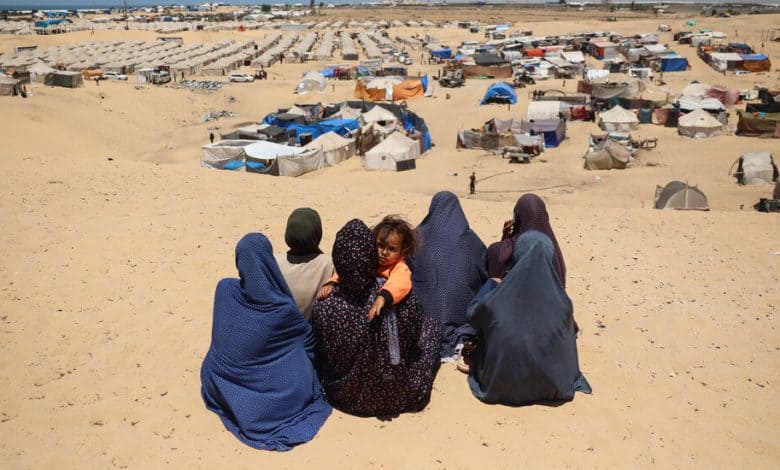Egypt Faces Hard Choices After Israeli Seizure of Gaza’s Southern Border

When Prime Minister Benjamin Netanyahu of Israel announced plans late last year to occupy a sensitive corridor of land in the Gaza Strip, along the border with Egypt, the response from Cairo was public, explicit and ominous.
“It must be strictly emphasized that any Israeli move in this direction will lead to a serious threat to Egyptian-Israeli relations,” the Egyptian government said in a statement in English in January, weeks after Mr. Netanyahu announced plans to occupy the so-called Philadelphi Corridor. Egypt said that an Israeli military presence there would violate the 1979 peace treaty between the two countries.
This week, the Israeli military announced that it had seized “tactical control” of the corridor. Yet despite the Egyptian government facing domestic pressure to take a harsher stance on Israel following its military offensive in the southern Gaza city of Rafah, there has been no public Egyptian comment on the seizure of the corridor.
The silence may be a reflection of the dilemma Egypt finds itself in after nearly eight months of war in Gaza.
Egypt and Israel view their relationship as a cornerstone of their national security, according to former Israeli and Egyptian officials, making it unlikely the Egyptian government would take substantial steps against Israel. Peace between Egypt and Israel has been an anchor of Middle East stability for 45 years.
